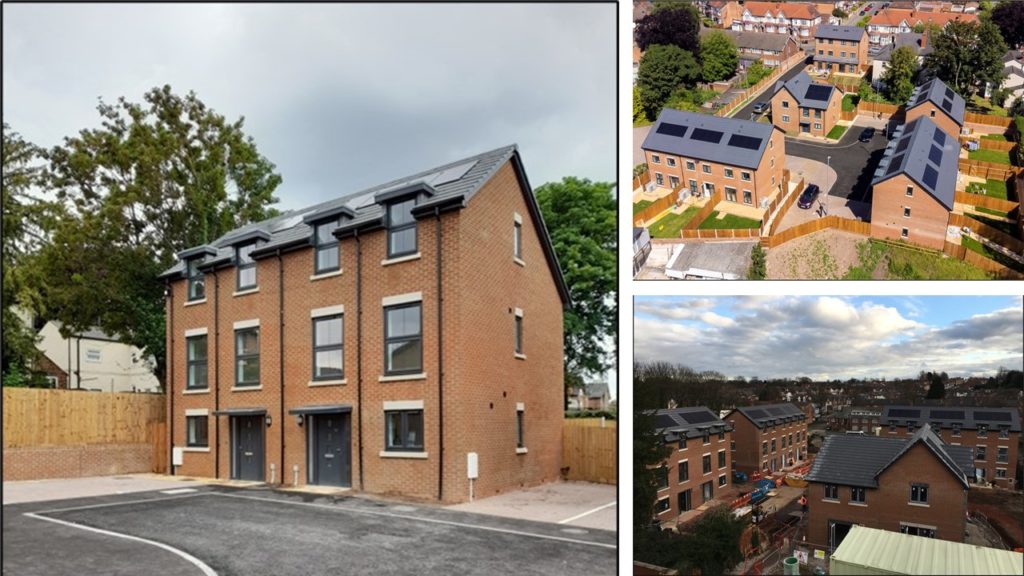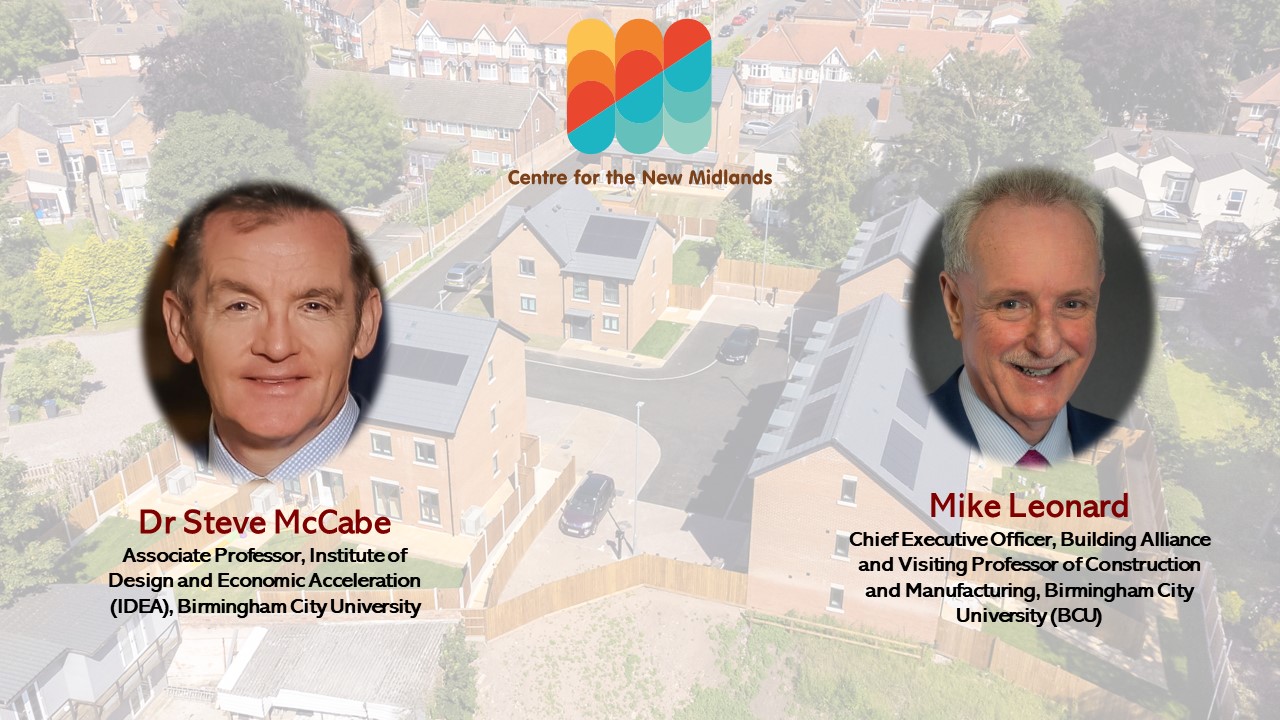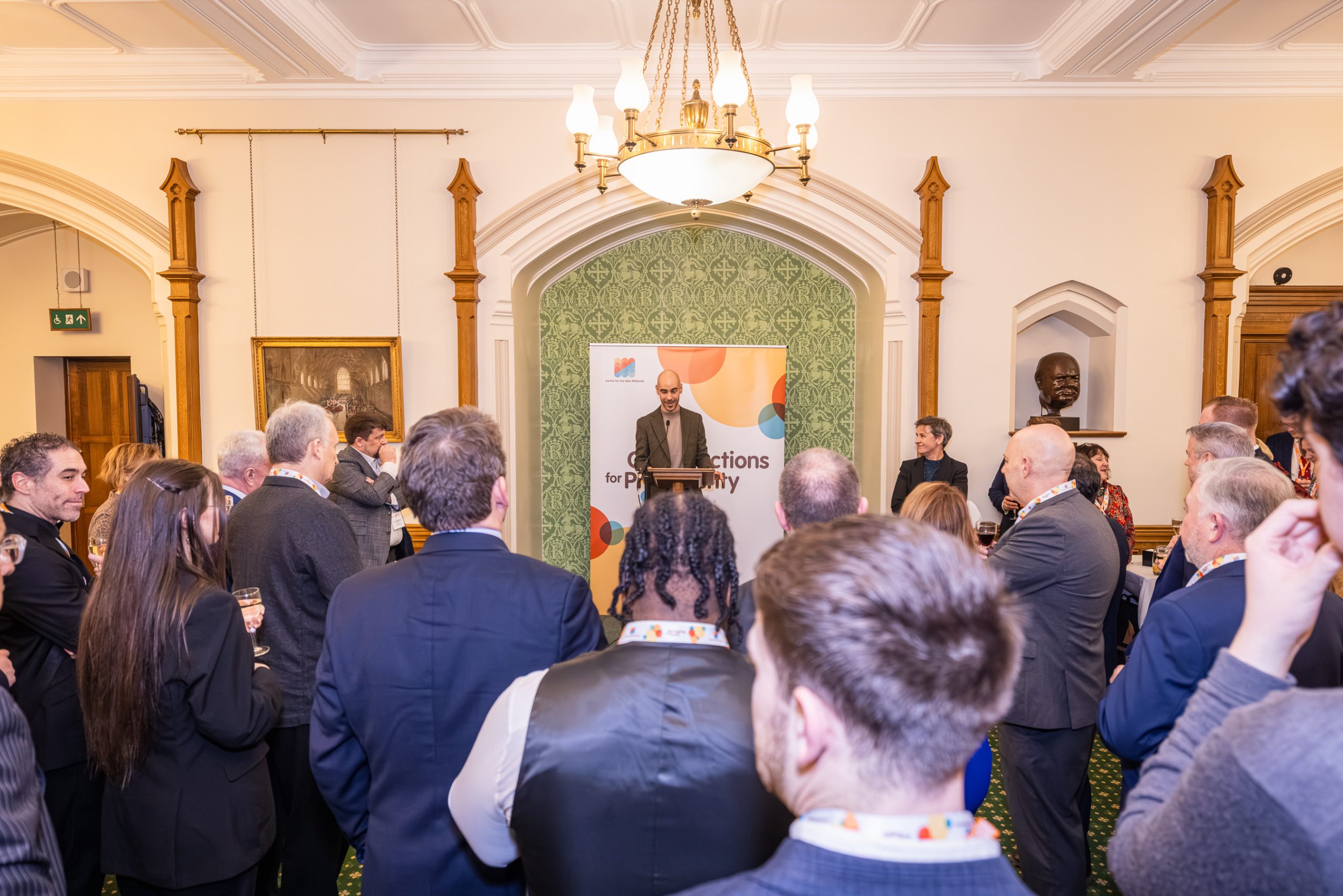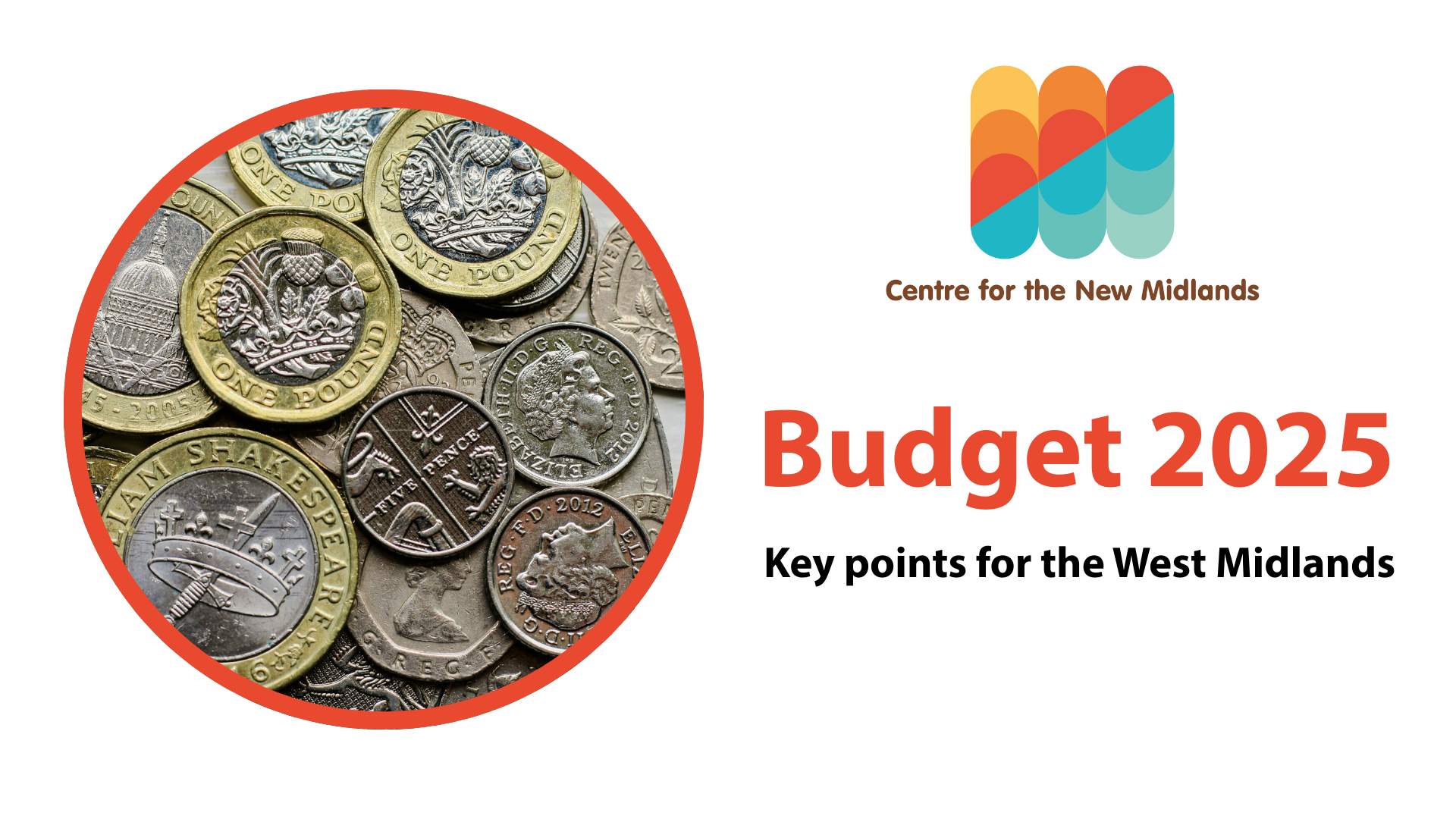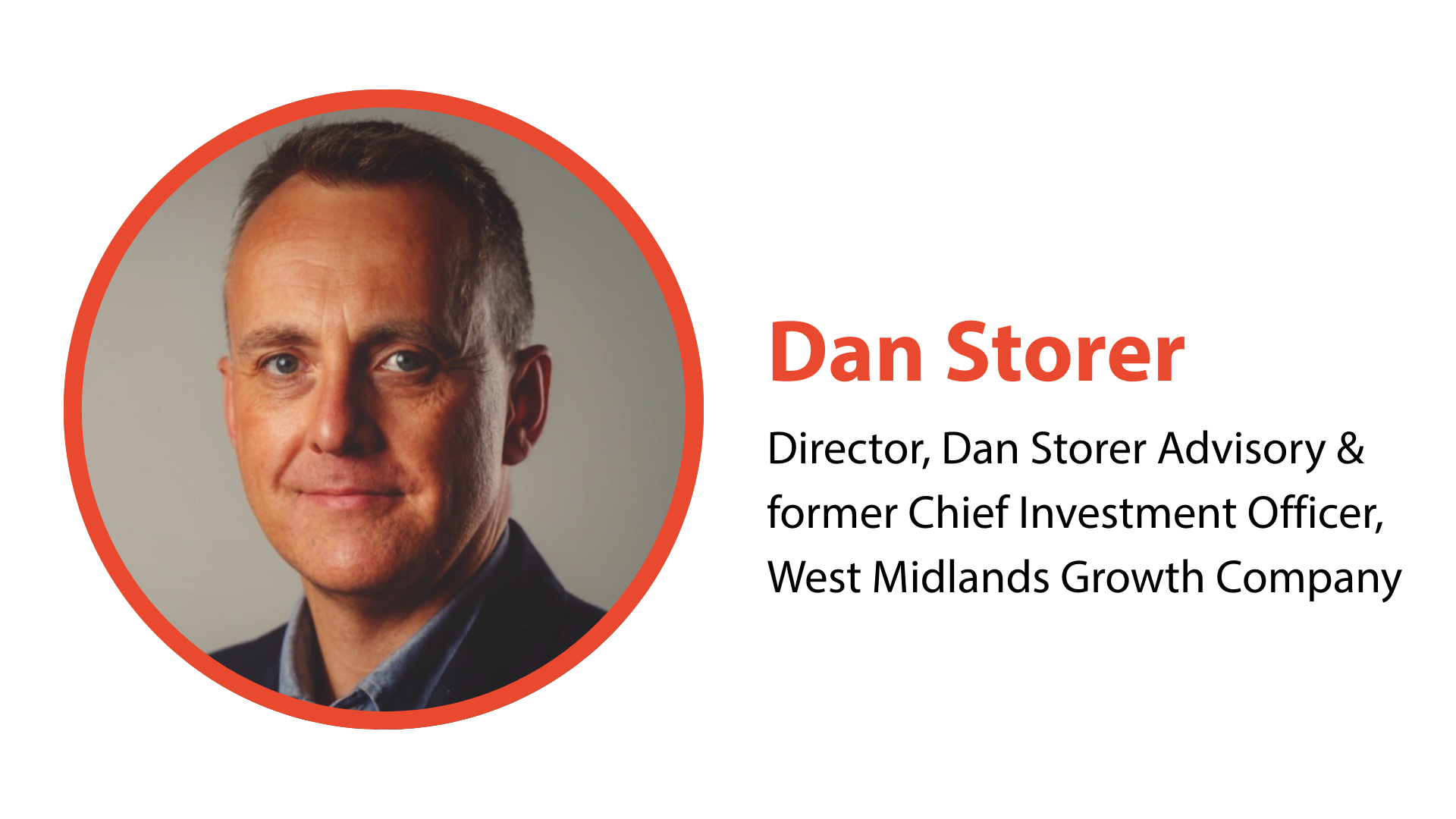In this article, Dr Steve McCabe (Associate Professor, Birmingham City University) and Mike Leonard (CEO, Building Alliance and Visiting Professor at Birmingham City University) provide an insight into Project 80; a new initiative led by Midland Heart which will provide an initial development of 12 homes and 12 maisonettes in Birmingham that meets the Future Homes Standard, three years ahead of schedule.
The article focuses on the project’s goals and how it will play a key role in informing the Department for Levelling Up, Housing and Communities (DLUHC) Technical Consultation on the Future Homes Standard in the second half of 2023.
Birmingham based social housing organisation Midland Heart is the first developer in the UK to construct homes in compliance with the Future Homes Standards. Additionally, they have commissioned 12 months of post-occupancy research. Importantly, the developments which are part of Project 80 consist of homes been built to an extremely high quality and expected to last at least 150 years. From the outset, Project 80 emphasises the importance of making residents central to the research journey. This will ensure their experiences are monitored and analysed to improve future design of homes.
As a direct result of choosing to use locally produced brick and block and other British made materials and skilled tradespeople, the investment delivered a multiplier of over £6 million to the West Midlands economy. This is of critical importance as, according to the RICS, construction delivers £2.84 for every £1 invested as well as ensuring local skilled employment which is essential to parts of Birmingham in which youth unemployment is over 20%.
What is Project 80?
Project 80 consists of, initially, development of 12 homes and 12 maisonettes in Birmingham to be built by Bromsgrove based Tricas Construction. Using local materials and skilled workers, in compliance with the Future Homes Standard which, from 2025, will become mandatory for all housebuilding in England, the objective is to achieve 80% reduction in carbon. This objective is attained through intelligent design and selection of materials. Heat pumps combined with superior insulation and enhanced ventilation is essential.
